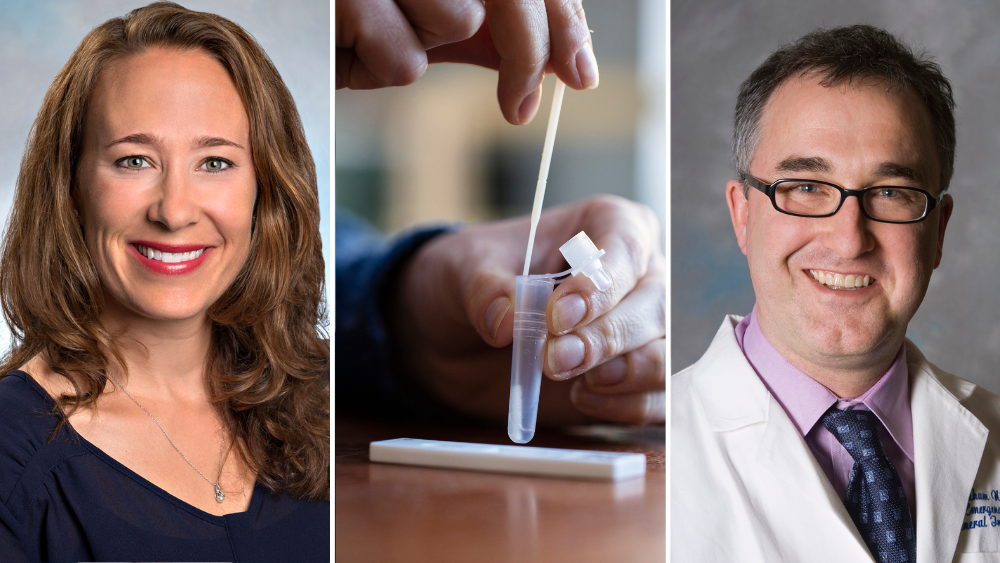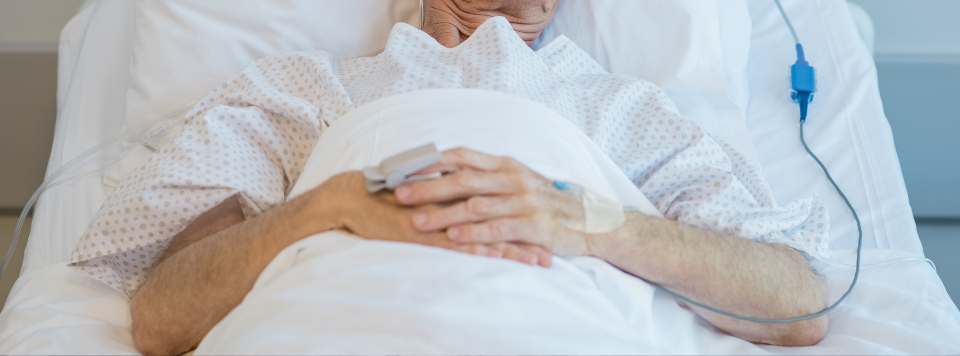
BIPOC individuals experience more COVID-19 aftereffects, new study shows



A new study co-authored by Drs. Kelli O'Laughlin, Graham Nichol, and Robbin Klabbers found that BIPOC individuals experienced greater negative aftereffects following a COVID-19 infection compared to white individuals.
In a study titled, "Ethnic and racial differences in self-reported symptoms, health status, activity level, and missed work at 3 and 6 months following SARS-CoV-2 infection" 2,402 people were followed after being infected between 2020 and 2022.
The study reports that following the initial infection of COVID-19, the majority of symptoms were similar over-time between ethnic and racial groups. However, at the three month mark, the study found Hispanic participants were more likely to report poor health and reduced activity.

At six months post-infection, BIPOC participants were more likely than white participants to report poor health. Black participants said they had missed more work and continued to report poor health and reduced activity.
In an interview with UW Medicine Newsroom, Dr. Kelli O'Laughlin said that these outcomes could be linked to socioeconomic disparities.
“Certain demographic groups might be overrepresented in front-line work industries, where they had no option to work from home to reduce their risk of infection,” O’Laughlin said. “We want to understand what is driving these differences, with the goal of advancing health equity after infection."
The study notes that increased focus on understanding drivers of ethnic and racial differences in health impacts may inform approaches to advance health equity after SARS-CoV-2 infection.
This is a secondary analysis of data from the Innovative Support for Patients with SARS-CoV-2 Infections Registry (INSPIRE), a multicenter, longitudinal cohort study of the sequelae of SARS-CoV-2 in the United States.








